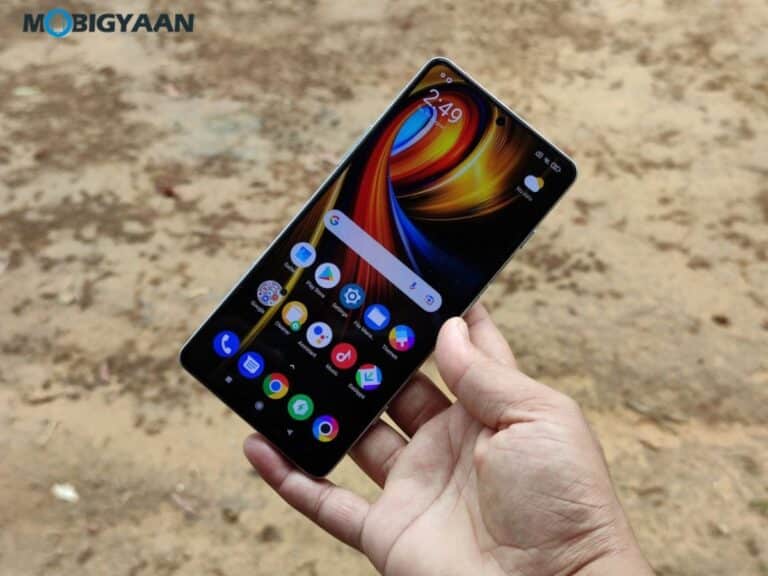How scientists are using the Fulcrum app to collect data in the field
Fulcrum is an application that allows scientists to collect data and retain input generated in the field while performing their research and has helped prevent data loss in the event of random accidents. In today's era, mobile applications are very valuable and useful tools for us that allow us to perform a variety of functions previously unimaginable. There are now applications specifically designed to efficiently collect data for later use in communications, analysis, etc. These applications allow us to collect huge amounts and a wide range of data and retrieve it quickly and easily. Given how much our work relies on data, we started using an app called Fulcrum to help with data collection.
Previously, when there was no Fulcrum and we had to survey dozens of villages, it was very difficult for us to write down all the information on a data sheet. It was even more difficult to keep data records over time and sort through hundreds of sheets for data entry. Data loss was the biggest problem we had with the sheets of paper. We have lost valuable data due to rain, abnormal weather conditions, torn sheets, and inevitable random accidents while using paper. Data once lost back then was as good as data lost forever. Things changed once we switched to using a tablet and the Fulcrum mobile app.
The team uses tablets to collect data in the field, which has eliminated the need for datasheets that can be easily damaged
Photo credit: NCF
Coming from a small village nestled in the heart of Malai Mahadeshwara Hills Wildlife Sanctuary, I had never used any gadgets except a simple phone before, and it was a huge transition for me! Naturally there was a learning curve and we all made a lot of mistakes initially, but once we got our hands on it was impossible to get back to paper! It has given me immense happiness and joy to be able to update myself to the present times and use technology to carry out community work.
The tablet is easy to carry. The large screen makes it convenient to use, it is durable and has a protective cover so that we don't panic if a few drops of water fall on it. Fulcrum presents an interface where we have customized the required data fields and all we have to do is enter the data. It's a bit like filling out an online form - easy, quick and hassle-free.
All the data we enter on the tablet is uploaded to the cloud during synchronization whenever we get an internet connection, ready to be downloaded at our convenience for analysis. It also cuts down on many hours of work for us that would otherwise be spent manually entering data on a computer. It even reduces the chances of human error we would face by manually entering huge amounts of data all at once.
Armed with the tablet, we set out to survey and collect a wide range of data in the villages where we identify the beneficiaries of our various projects in which we provide alternatives to firewood and mitigate human-wildlife conflicts by providing solar lights and grow fencing. Some of the typical data categories include the beneficiary's socio-economic information, how they collected and used firewood, where they are, and more.
To establish baseline usage and usage reduction after switching to LPG, we weigh the amount of firewood collected for each recipient twice, over a period of 7 days each. This extensive data collection is made easier by simply entering the values and dates into the app
Photo credit: NCF
Our experience with this technology is not without problems. There have been instances where improper timing has caused us to lose valuable fuelwood weighing data which was an extremely difficult loss to bear as this type of data takes us over a week to collect for a village. . But we have adapted and improved ourselves to handle small problems and work around them.
Overall, this device and the mobile app are wonderfully effective tools for easily recording large amounts of information. We also record the numbers of animals and birds observed during our fieldwork without additional effort, which previously would have required us to establish specific data sheets, and to devote additional time to the task.
To put it in perspective, if we were to convert all the Fulcrum data collected over the past 4 years into A4 sheets, we would easily fill a big truck with the load and maybe even more. The amazing part is we save all that paper, reducing kilograms of waste and hours of manual labor just by upgrading to a gadget half the size of an A4 sheet and an app that does most of the work. for us.
During our surveys in various remote villages, when we pull out the tab to record the information, the locals are full of innocent curiosity, because this is something so new to them.
"What is it, sir?" they ask.
"It's so big, what do you do with it?"
"Can this get us into trouble or hurt us in any way?"
There are times when we had to sit down and explain to them what the tablet is, and that it's just a new way of collecting information, very similar to a mobile phone. I remember that's where I'm from, and I smile when I tell them not to worry or be afraid of the unknown gadget.
People are often curious about the tablet and have a bunch of questions to ask.
Photo credit: NCF
Compiled and edited by Phalguni Ranjan.
Ganesha N. works as a field coordinator for the community conservation project in the Western Ghats program at the Nature Conservation Foundation.
Sanjay Gubbi works as a scientist with the Western Ghats program at the Nature Conservation Foundation.
Phalguni Ranjan is a marine biologist who works as a science and conservation communicator for the Western Ghats program at NCF.
This series is an initiative of the Nature Conservation Foundation, as part of its Nature Communication program to encourage nature content in all Indian languages. If you would like to write about nature and birds, please fill out this form.
In 2020, will WhatsApp get the killer feature that all Indians have been waiting for? We discussed it on Orbital, our weekly tech podcast, which you can subscribe to through Apple Podcasts or RSS, download the episode, or just hit the play button below.
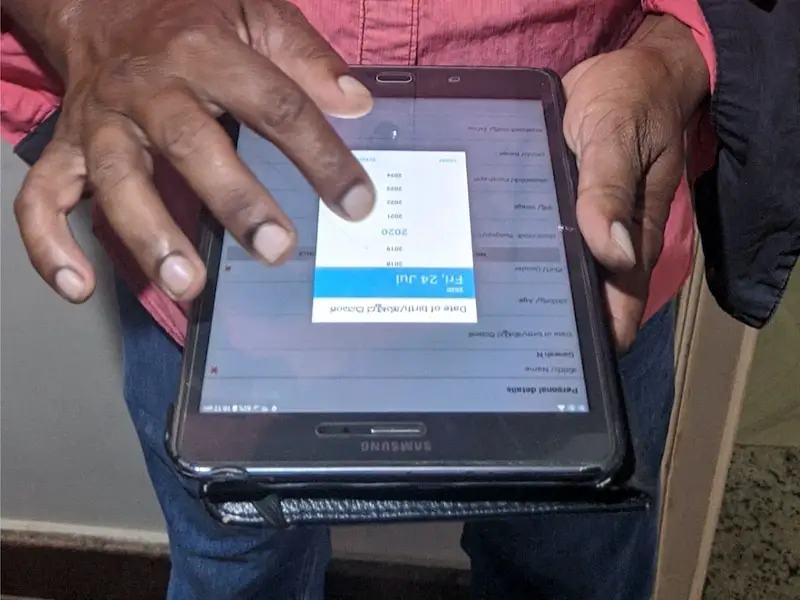
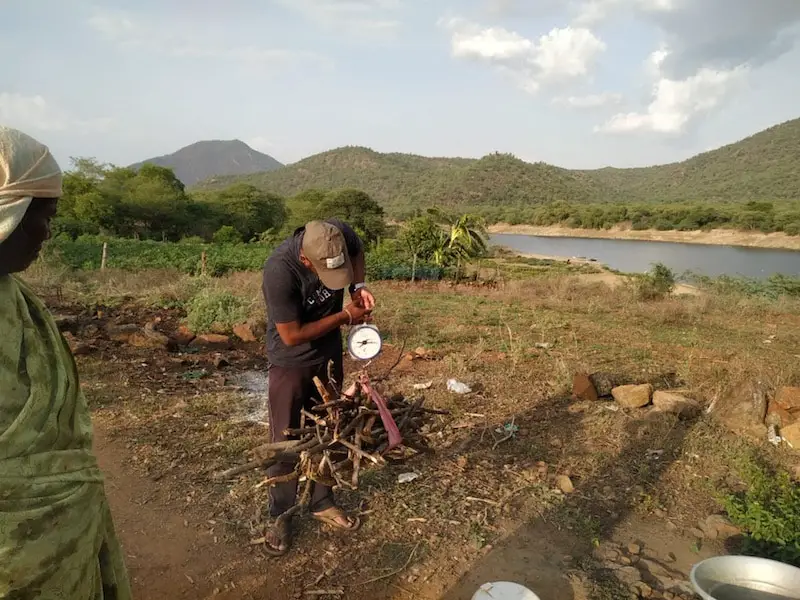
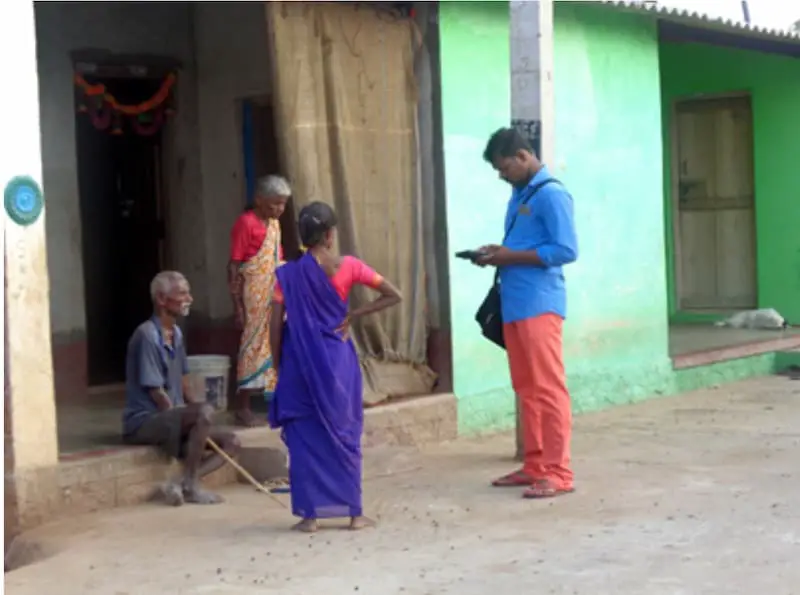
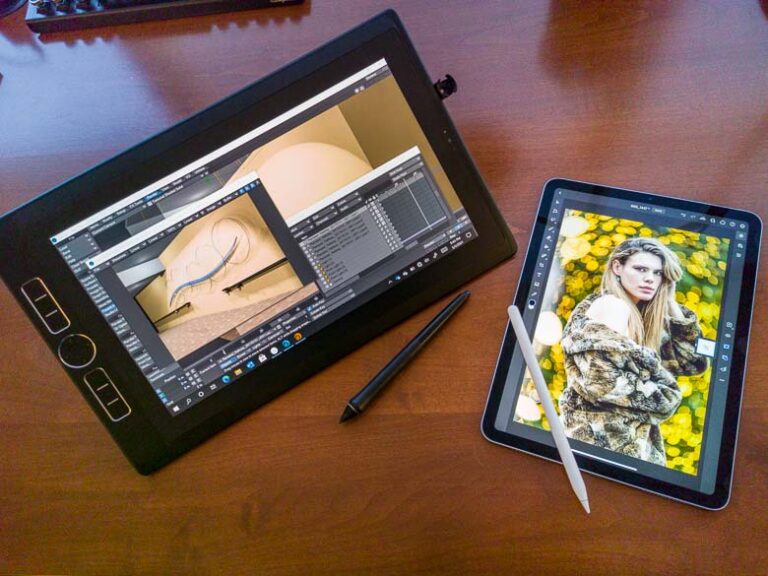
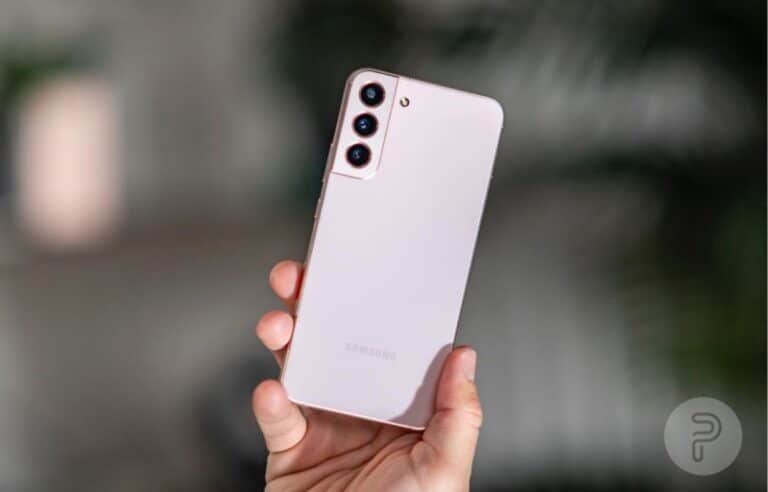

![[Working] 7 fixes for delayed notifications on your Android phone](https://www.neuf.tv/wp-content/uploads/2021/01/delayed-notifications-768x432.jpg)
